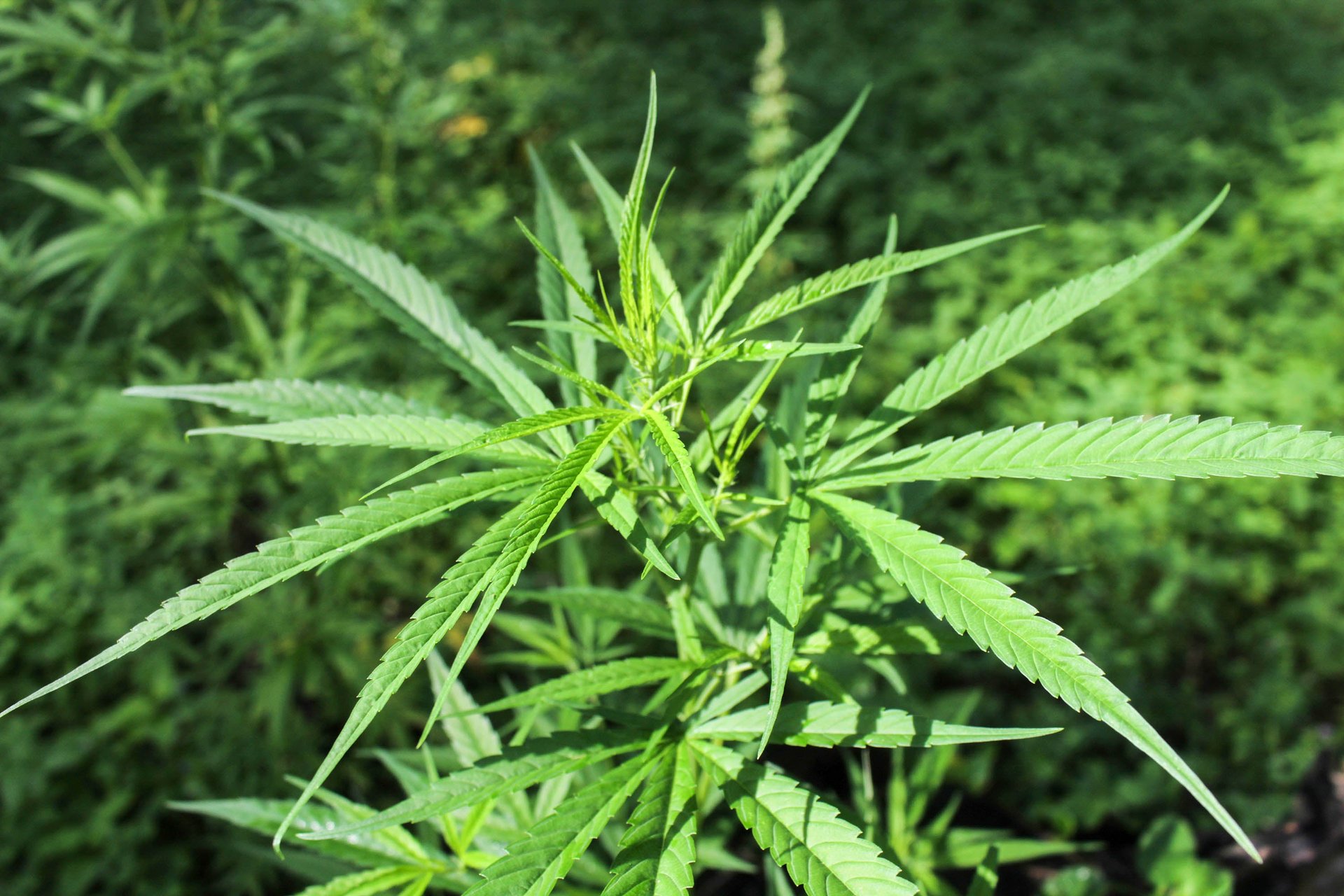The five most important things to know about the cannabis industry
Only have a minute? Here’s our cheat sheet to make you smarter about the cannabis industry, faster.


Only have a minute? Here’s our cheat sheet to make you smarter about the cannabis industry, faster.
Welcome to our cheat sheet on the marijuana industry. Check out other parts of our deep dive here.
Cannabiz
In 2018, legal sales of cannabis are expected to exceed $10 billion, more than McDonald’s sales nationwide. Before states started legalizing marijuana, the illegal cannabis market in the United States was already estimated to be between $30 to $40 billion, nearly as big as America’s largest cash crop, corn. Corn!
The three big ways cannabis is used
- THC is the compound in cannabis that can get you high.
- Hemp is a non-narcotic variety of cannabis that can be made into paper, cloth, biofuel and other materials (the latest farm bill legalized hemp, so expect to see a lot more of it).
- CBD is another compound in cannabis. Like hemp, it won’t get you high, but it’s being marketed as a wellness aid (think echinacea or kombucha). In 2018, a pharmaceutical form of CBD called Epidiolex won FDA approval to treat two severe pediatric seizure disorders. It was the first cannabis-derived drug to win FDA approval.
Pot’s acceptance in the US is growing
Responses to the Gallup poll question “Do you think the use of marijuana should be made legal, or not?”
2000
2018
US legalization efforts started in the HIV/AIDS movement
The beginning of weed’s legalization dates back to the worst days of America’s AIDS crisis, when dying young men turned to cannabis for comfort, but also because it boosted their appetites and relieved pain and nausea. Dennis Peron, a gay Vietnam veteran who ran an illegal dispensary in San Francisco’s Castro neighborhood, is credited with writing the country’s first medical marijuana law, Proposition 215 or “The Compassionate Use Act,” which California voters passed in 1996.
The two biggest obstacles to a successful cannabis business in the US
IRS rule 280E blocks businesses that deal in federally illegal drugs from deducting business expenses on their taxes. Furthermore, American banks are still reluctant to take on dispensaries and similar businesses because of marijuana’s federal status as a Schedule 1 controlled substance. Now that the cannabis industry is mature enough to have its own lobbyists, the end of 280E and access to bank accounts are its top two priorities.